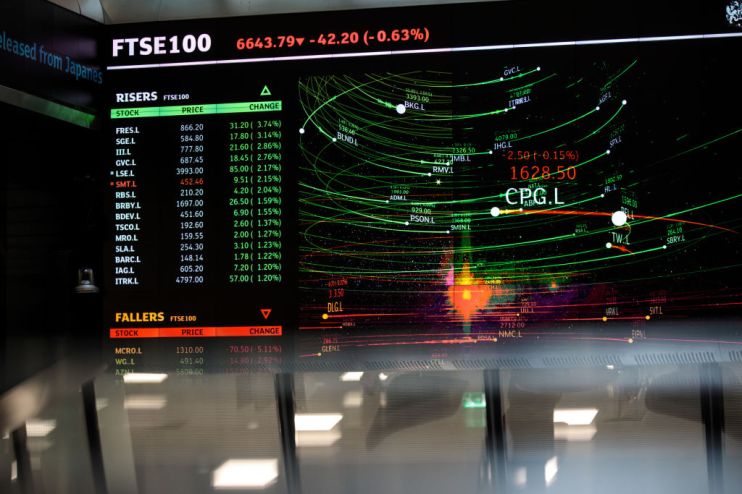FTSE100 company disputes could cost £13.8bn

Tax disputes with tax authorities globally could cost FTSE100 companies £13.8bn, research by Thomson Reuters shows.
This figure Includes £11.7bn in extra tax related to disputes that the companies believe they will ultimately win, however, the FTSE100 set aside £2.1bn to cover the costs of these disputes last year.
In total FTSE100 companies were involved in 677 tax disputes globally that they believe are significant enough to be disclosed to their shareholders.
The high cost of tax litigation is partly due to the increasingly tough stance adopted by tax authorities in developed countries. There has been mounting pressure on governments to closely scrutinise the tax affairs of corporates and take steps to reduce evasion and avoidance.
“Falling foul of tax laws costs FTSE100 billions of pounds a year. This is why tax compliance has become a top risk area for boards. Some argue tax is a huge reputational issue for corporates but the cash costs, in themselves, are enormous,” says Brian Peccarelli, chief operating officer, Customer Markets at Thomson Reuters.
The research shows 18 FTSE100 companies reported they were involved in some form of dispute with HMRC in their latest annual reports.
This is also partly because tax authorities are also likely to become more aggressive as they look to increase receipts to cover for coronavirus-related spending.
Emerging markets
Emerging and frontier markets have represented the biggest tax compliance risk for FTSE100 companies in recent years. FTSE100 companies reported last year that they were involved in disputes with authorities in Brazil, Bangladesh, Egypt, India and Russia.
A report from the Brazilian Institute for Planning and Taxation in 2019 found that during the last 30 years, an average of 35 tax rules were changed every day in the country.
“FTSE100 companies are managing tax compliance risk on several fronts – authorities in developed countries are being increasingly aggressive in pursuing companies whilst in emerging markets companies are exposed to the risk of falling foul of local laws,” Peccarelli adds.